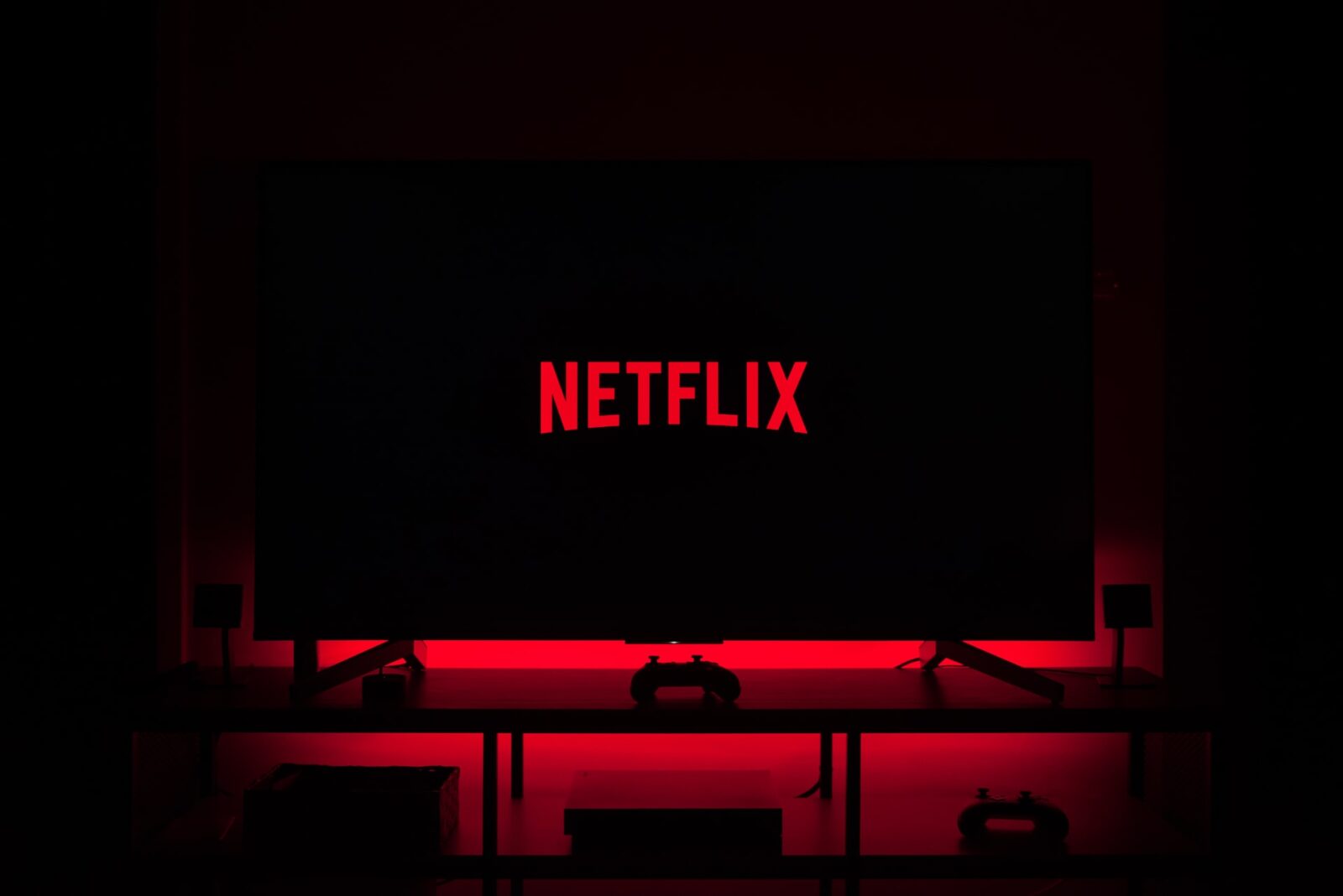Customers who disclose their Netflix credentials with other individuals will be charged an extra price by Netflix beginning in the first quarter of 2014. Following this declaration, the platform launched its updated password-sharing practice in Costa Rica, Peru, as well as Chile. The policy change will be trialed first in these areas before being rolled out to the rest of Netflix’s key regions.
Park Associates expert Paul Erickson says that Netflix isn’t exploring the revised password-sharing strategy in its main broadcast regions, notably Mexico and Brazil, according to this story. To avoid losing users’ trust, Netflix carried out the rule change in places beyond its “big markets,” said Erickson. Netflix is implementing one of its regulations in the mentioned locations that specify that login transmission is only permitted with persons who reside with the client.
This isn’t the first time Netflix has made it easier for individuals who reside together to split the profile, as Chengyi Long, the company’s head of product innovation, explained in a blog post earlier in March. The popularity of these has led to considerable uncertainty on when & how Netflix may be accessed, despite their popularity. As a consequence, household accounts are being pooled, which reduces their capacity to invest in exciting new television and film programming for our customers and employees.
Therefore, Netflix’s price for exchanging accounts was not a surprise. The reality that Netflix is hemorrhaging customers at the exact time as it is experimenting the extra price for disclosing the passcode cannot be disregarded nevertheless A recent post by The Verge claims that Netflix has lost over 200,000 customers in the first three months of 2022, the very first time in years that the stream service has seen a loss of users. A further two million users will leave the network in the next several months, according to the firm’s predictions.















Leave a Reply